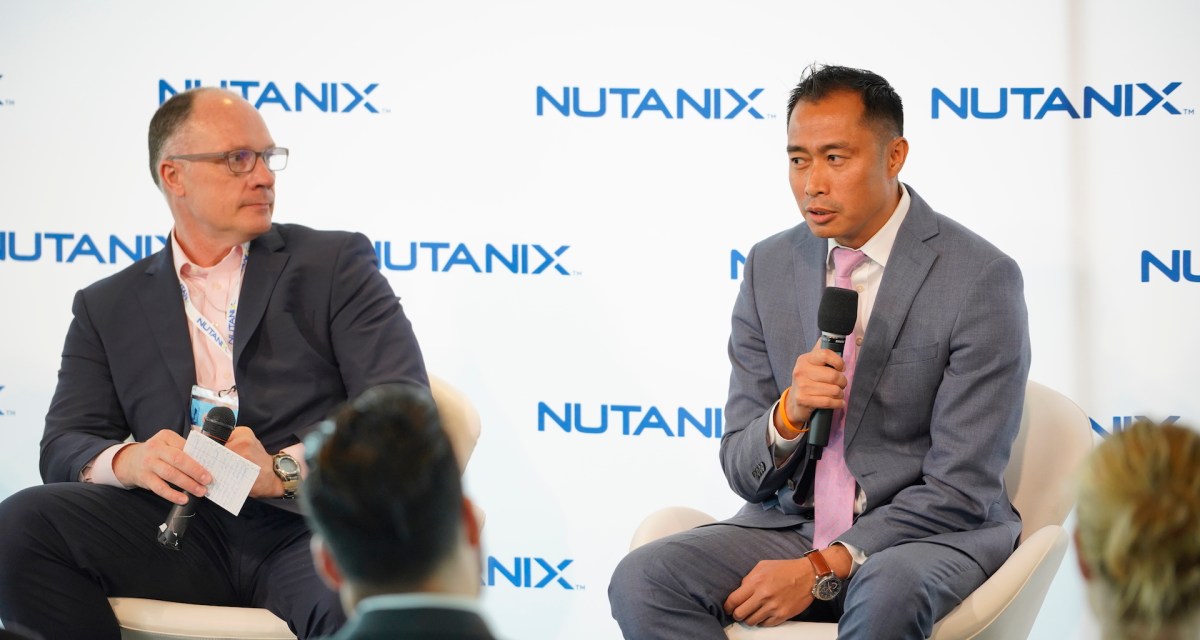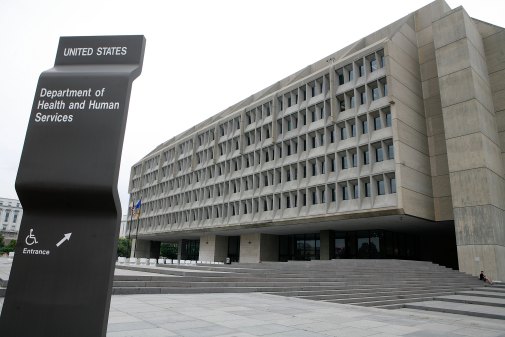HHS AI chief sees promise in emulating the DOD

The Department of Health and Human Services wants to mimic the Department of Defense as it matures its artificial intelligence office by focusing on a set of use cases that can benefit the entire enterprise, said its Chief AI Officer Oki Mek.
Mek runs HHS’s AI office, launched almost a year ago, and sees value in establishing a virtual sandbox like the DOD Joint AI Center‘s for small-scale experimentation.
The challenge for Mek is the JAIC has far more funding, a bigger team and convening authority — all of which he’s seeking in fiscal 2022 as HHS implements the trustworthy AI executive order issued last December.
“Our approach is a little bit softer because we’re new and because, when the executive order came out, it wasn’t here’s an AI policy,” Mek said, during an ACT-IAC event Tuesday. “We’re not there yet, but we can connect the dots.”
Increasing the AI office’s budget to do things like build the sandbox is the first step, but it will take years to mirror the JAIC’s use cases, he said.
Mek said his office can possibly achieve 25% of the JAIC’s projects in a year, 50% in two and all of them in three. But it will also require a “culture shift in education and training.” He’s encouraging HHS’s components not to jump to AI where machine learning makes more sense and to focus on identifying and categorizing desired datasets before that.
A challenge for HHS that not all agencies have to deal with is some data is protected by the Health Insurance Portability and Accountability Act (HIPAA). Determining which datasets are protected or contain personally identifiable information ultimately helps streamline the process of obtaining it.
“We can’t skip that process because it’s 80% to 90% of the work,” Mek said.
Aside from data acquisition, processing is the other big obstacle HHS faces, he added. HHS launched an AI Community of Practice (COP) to promote internal sharing of data and collaboration on processing and risk management.
The COP also helps HHS avoid duplicative efforts and is working with the Office of Management and Budget on its governmentwide push to list all AI use cases.
Mek’s team is also working on launching a public-facing AI website under HHS.gov, which will feature the department’s AI strategy released in January, as well as the playbook and framework they developed. The strategy promotes responsible adoption of trustworthy AI and will be updated over time, Mek said.
HHS also established an AI Council to execute that strategy, support AI governance and set priorities like ensuring algorithms are fair, legal and ethical. The council’s first bi-monthly meeting was this month with a second planned in December that will be supplemented with a “lunch and learn” featuring subject matter experts.
“Of course we’ll have to work with data groups as well,” Mek said.




